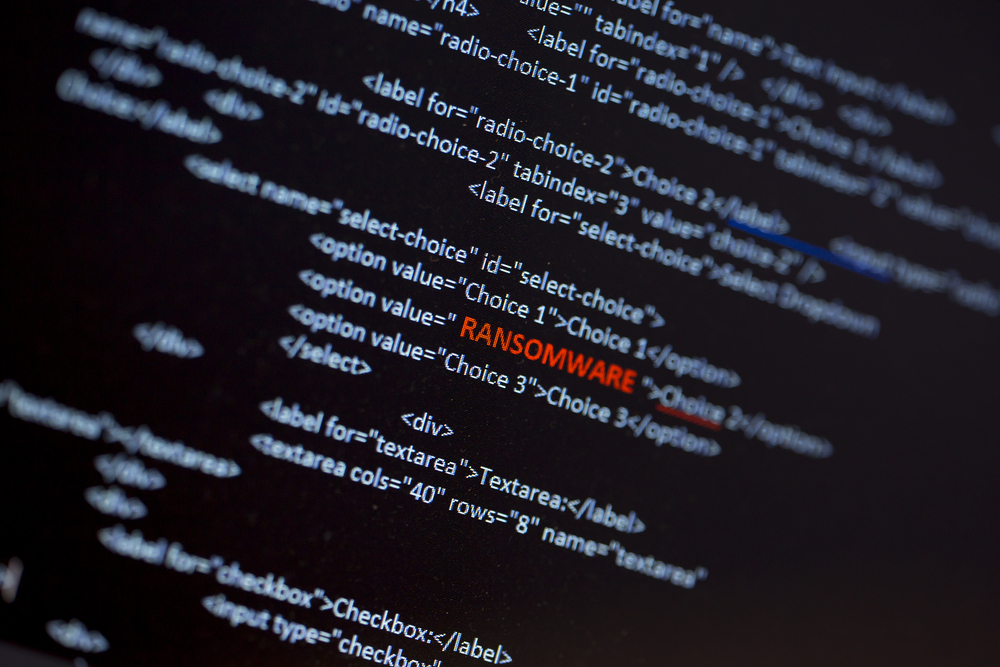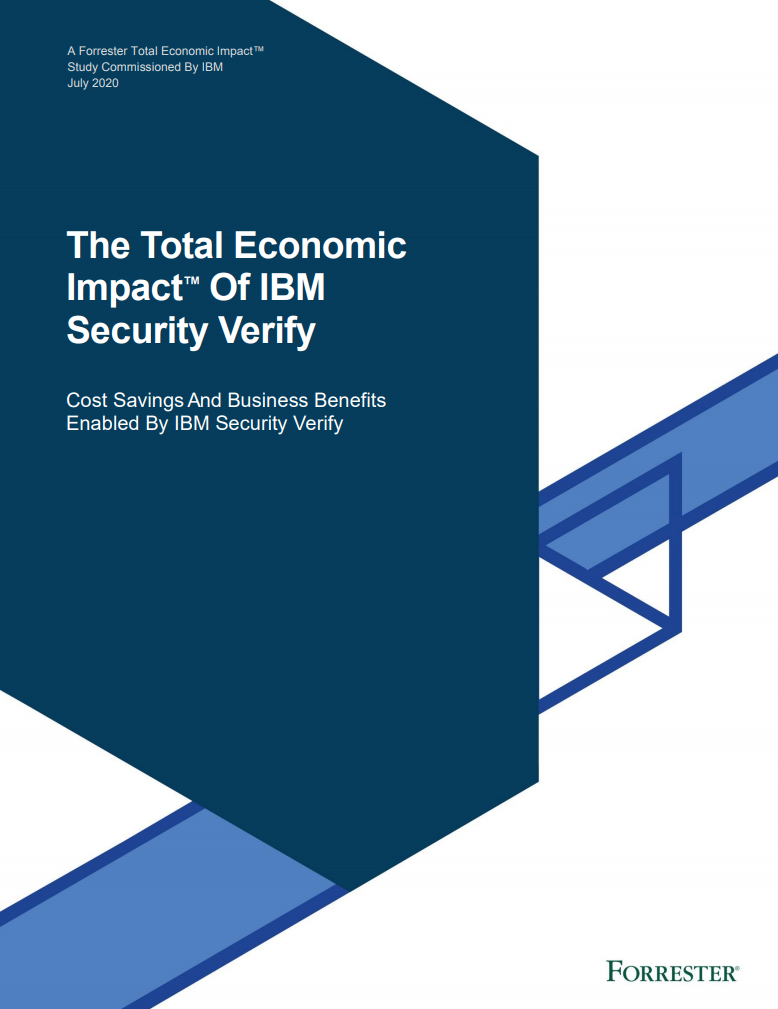Ransomware payments are declining as more victims refuse to pay
Coveware data shows that the average payment decreased by 34% to £112,800 in the fourth quarter of 2020


Sign up today and you will receive a free copy of our Future Focus 2025 report - the leading guidance on AI, cybersecurity and other IT challenges as per 700+ senior executives
You are now subscribed
Your newsletter sign-up was successful
The average ransom payment to hackers decreased by more than a third in the fourth quarter of 2020 as more victims opted not to pay up.
That’s according to cyber security company Coveware, which found a sharp decline in the average and median payments that ransomware victims paid to attackers.
UK ransomware attacks surged 80% in latest quarter The truth about ransomware Ryuk ransomware earnings top $150 million
Coveware’s data, gathered from ransomware incidents the company helped companies respond to in Q4 2020, showed that average ransomware payments decreased by 34% to $154,000 (around £112,800) while median payments dropped 55% from $110,532 (£81,000) to $49,450 (£36,000) over the same period.
The findings indicate a reversal of a trend that saw average ransom payments steadily increase since at least Q4 2018. There was even an increase between the first and third quarter of last year, with average payments increasing from $111,605 (£81,000) to $233,817 (£171,000).
Coveware’s data also showed that fewer organisations gave in to cyber extortion demands if they had a chance to recover data from backups during the final quarter of 2020. Although seven in ten of the ransomware attacks responded to last quarter involved data exfiltration and the use of stolen data as leverage to try and force victims to pay, Coveware noted that victims are beginning to realise that doing so is unlikely to prevent the release of stolen data.
Around 60% of ransomware victims opted to pay in Q4, according to the findings, compared with almost 75% in the previous quarter, and Coveware noted that it continues to witness signs that stolen data is not deleted or purged after payment.
RELATED RESOURCE

The total economic impact of IBM Security Verify
Cost savings and business benefits enabled by IBM Security Verify
"Moreover, we are seeing groups take measures to fabricate data exfiltration in cases where it did not occur," the security firm said. "These tricks and tactics put a premium on ensuring that threats are thoroughly validated."
Sign up today and you will receive a free copy of our Future Focus 2025 report - the leading guidance on AI, cybersecurity and other IT challenges as per 700+ senior executives
Phishing emails and exploitation of Remote Desktop Protocol (RDP) are the most common methods for ransomware attacks, the cyber security company found.
This is the first quarter since Coveware has been tracking data that RDP compromise has not been the primary attack vector. The company said that malware such as Trickbot and Emotet favour widespread phishing campaigns as their primary delivery mechanism.
"Unlike ransomware malware, these threats possess worming capabilities that allow them to stealthily proliferate through a high volume of enterprise networks," Coveware commented. "There they lay down secure footholds that are sold further down the supply chain to ransomware actors. We expect a reshuffling of attack vectors to occur in the wake of the Emotet takedown."
Carly Page is a freelance technology journalist, editor and copywriter specialising in cyber security, B2B, and consumer technology. She has more than a decade of experience in the industry and has written for a range of publications including Forbes, IT Pro, the Metro, TechRadar, TechCrunch, TES, and WIRED, as well as offering copywriting and consultancy services.
Prior to entering the weird and wonderful world of freelance journalism, Carly served as editor of tech tabloid The INQUIRER from 2012 and 2019. She is also a graduate of the University of Lincoln, where she earned a degree in journalism.
You can check out Carly's ramblings (and her dog) on Twitter, or email her at hello@carlypagewrites.co.uk.
-
 Researchers call on password managers to beef up defenses
Researchers call on password managers to beef up defensesNews Analysts at ETH Zurich called for cryptographic standard improvements after a host of password managers were found lacking
-
 Is there a future for XR devices in business?
Is there a future for XR devices in business?In-depth From training to operations, lighter hardware and AI promise real ROI for XR – but only if businesses learn from past failures
-
 Ransomware gangs are using employee monitoring software as a springboard for cyber attacks
Ransomware gangs are using employee monitoring software as a springboard for cyber attacksNews Two attempted attacks aimed to exploit Net Monitor for Employees Professional and SimpleHelp
-
 Ransomware gangs are sharing virtual machines to wage cyber attacks on the cheap – but it could be their undoing
Ransomware gangs are sharing virtual machines to wage cyber attacks on the cheap – but it could be their undoingNews Thousands of attacker servers all had the same autogenerated Windows hostnames, according to Sophos
-
 Google issues warning over ShinyHunters-branded vishing campaigns
Google issues warning over ShinyHunters-branded vishing campaignsNews Related groups are stealing data through voice phishing and fake credential harvesting websites
-
 The FBI has seized the RAMP hacking forum, but will the takedown stick? History tells us otherwise
The FBI has seized the RAMP hacking forum, but will the takedown stick? History tells us otherwiseNews Billing itself as the “only place ransomware allowed", RAMP catered mainly for Russian-speaking cyber criminals
-
 Everything we know so far about the Nike data breach
Everything we know so far about the Nike data breachNews Hackers behind the WorldLeaks ransomware group claim to have accessed sensitive corporate data
-
 There’s a dangerous new ransomware variant on the block – and cyber experts warn it’s flying under the radar
There’s a dangerous new ransomware variant on the block – and cyber experts warn it’s flying under the radarNews The new DeadLock ransomware family is taking off in the wild, researchers warn
-
 Hacker offering US engineering firm data online after alleged breach
Hacker offering US engineering firm data online after alleged breachNews Data relating to Tampa Electric Company, Duke Energy Florida, and American Electric Power was allegedly stolen
-
 Cybersecurity experts face 20 years in prison following ransomware campaign
Cybersecurity experts face 20 years in prison following ransomware campaignTwo men used their tech expertise to carry out ALPHV BlackCat ransomware attacks
